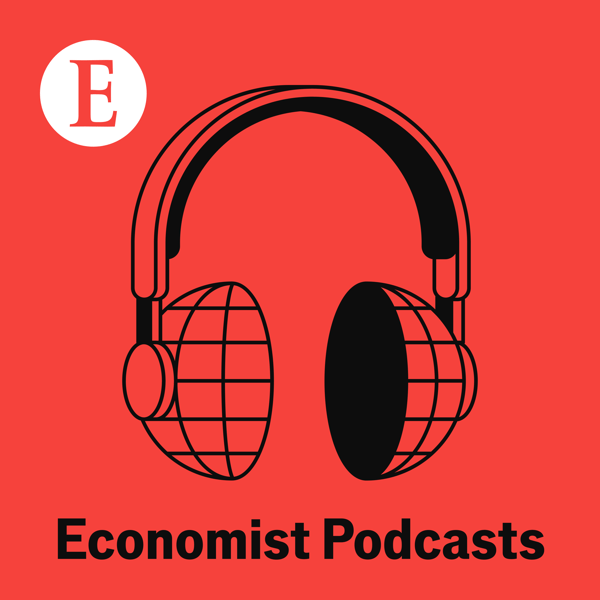Unsteady state: Somalia in disarray
Economist Podcasts
The Economist
4.4 • 4.9K Ratings
🗓️ 6 August 2025
⏱️ 24 minutes
🧾️ Download transcript
Summary
The country had been on the rise: beating back jihadists, strengthening its federal structure and gaining international stature. That has all reversed. In Britain levels of crime have fallen—but the changing nature of criminality has meant a smaller fraction of crooks getting caught. And 80 years on to the day our Archive 1945 project revisits the atomic bombing of Hiroshima.
Get a world of insights by subscribing to Economist Podcasts+. For more information about how to access Economist Podcasts+, please visit our FAQs page or watch our video explaining how to link your account.
Hosted on Acast. See acast.com/privacy for more information.
Transcript
Click on a timestamp to play from that location
| 0:00.0 | The Economist. Hello and welcome to the intelligence from The Economist. I'm your host, Jason Palmer. Every weekday, we provide a fresh perspective on the events shaping your world. |
| 0:31.0 | Good news and bad news about crime in Britain. There's less of it, but a smaller fraction of cases are being solved. We look into why. And as the world marks 80 years since the atomic bombing of Hiroshima, we return to our |
| 0:42.3 | Archive-1945 project, reliving the end of the Second World War through the Economist's |
| 0:47.8 | coverage from the time. But first... |
| 1:02.0 | Somalia is one of those places that frequently attracts the modifier fragile alongside state, |
| 1:16.6 | which is already a step up from the years when the modifier was failed. |
| 1:21.6 | With international and regional partners playing a part, it's become one of the world's longest-running state-building projects. |
| 1:29.3 | And a project it is, keeping its constituent statelets and breakaway regions held together |
| 1:34.9 | in the face of jihadist violence on multiple fronts. |
| 1:38.6 | It's a lot to ask of a fragile state. |
| 1:41.4 | The capital Mogadishu and the federal government of Somalia is looking weak at the |
| 1:47.8 | moment. Tom Gardner is an Africa correspondent for the economist. Some recent gains against al-Shabaab, |
| 1:55.8 | the jihadist group which controls much of central Somalia and has ties to al-Qaeda, those have been largely reversed |
| 2:02.2 | in recent months. And indeed, a growing number of observers fear that Mogadishu could eventually |
| 2:08.2 | fall to the jihadists. So that's the disheartening side of the ledger, though I should stress that |
| 2:13.0 | I do think there is a more positive story as well to be told. |
| 2:19.0 | Let's wind back a little bit in history and talk about the early gains that you mentioned. |
| 2:24.5 | When was the disheartening side of the ledger more empty? |
| 2:27.3 | About three years ago when President Hassan Sheikh Mohammed was elected for his second term in office, |
| 2:33.6 | and he made early strides against al-Shabaab. |
| 2:36.3 | He also chalked up diplomatic victories, such as the lifting of the UN arms embargo, which |
| 2:41.5 | was imposed on Somalia when the state collapsed in the 1990s. In 2023, creditors granted |
... |
Transcript will be available on the free plan in 17 days. Upgrade to see the full transcript now.
Disclaimer: The podcast and artwork embedded on this page are from The Economist, and are the property of its owner and not affiliated with or endorsed by Tapesearch.
Generated transcripts are the property of The Economist and are distributed freely under the Fair Use doctrine. Transcripts generated by Tapesearch are not guaranteed to be accurate.
Copyright © Tapesearch 2025.

